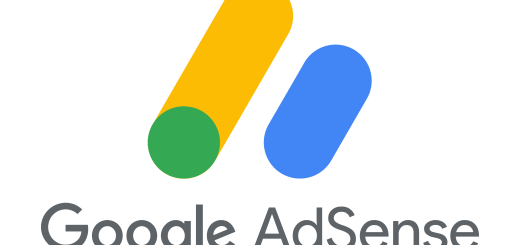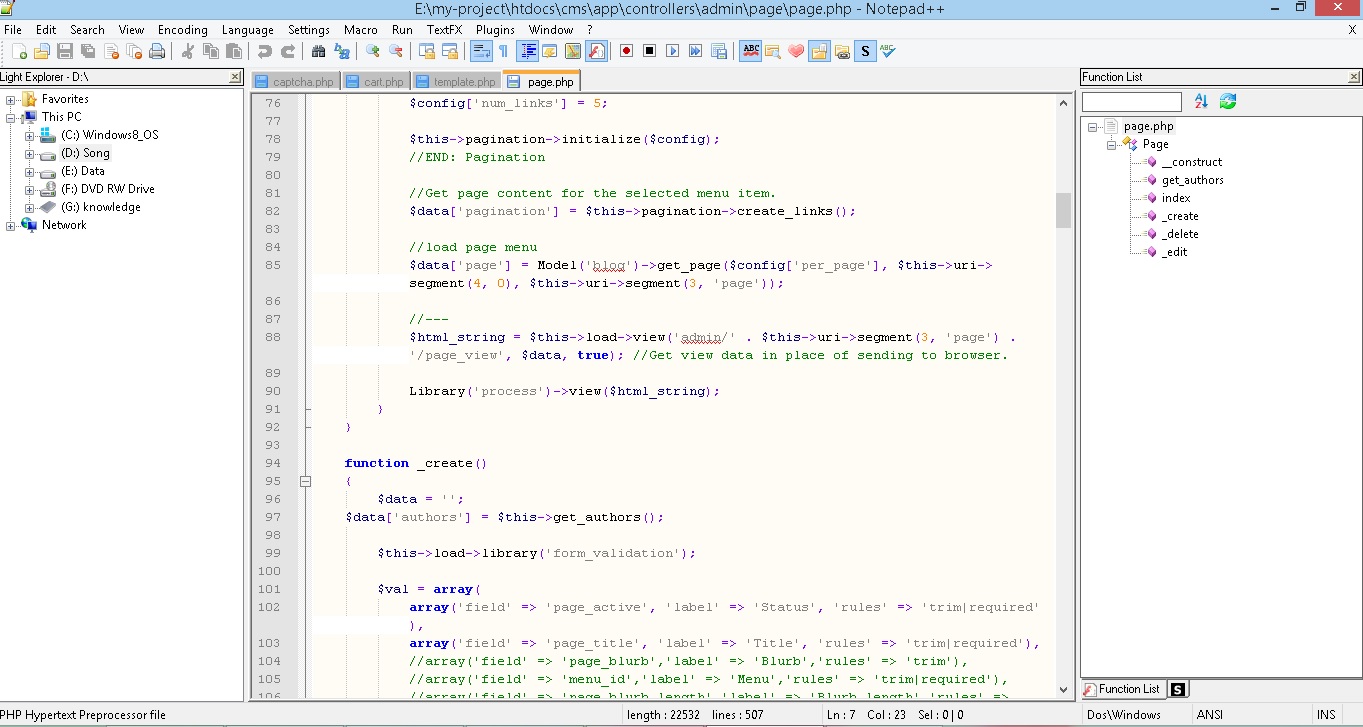Tips to keep your Adsense account from getting banned
Google, which has always been the undisputed leader in search engines, attaches great importance to the quality and relevance of its search engine results. Especially now that Google is a company going public. To satisfy its shareholders and search engine users, the quality of the results it generates is very important.
For the same reason, if you use Adsense and other forms of advertising, whether intentionally or unintentionally, you will be subject to severe penalties and even your account may be terminated or banned. There is no such thing as a light decision taken to prevent wrongdoers from doing the same thing again.
Techniques that are prohibited by Google
So if you’re thinking about a career in Adsense, don’t just think about strategies that can help you make more money. Consider some of the following to be banned before you really get involved due to your ignorance:
Hidden text. If you fill your ad page with text that is too small to read, has the same color as the background and uses CSS only to fill it with keyword and rich text, you can received a penalty for hiding the link.
Pages cloaking. It is common practice to use a browser or bot sniffer to deliver a different page to the bot than the page your visitors will see. Loading pages with bots that human users will never see is an absolute no-no. This will tempt them to click on something you want, but they may not want to see.
Submit multiple domains with the same article. Making multiple copies of your domains and pages is another thing to avoid. For example, trying to submit Adsense page URLs as two separate URLs even with the same content will invite problems and even termination of your Adsense account. This is also one of the reasons to avoid submitting articles automatically for those who receive articles. Instead, check to see if your domain has already been submitted to a specific search engine before trying to submit it again. If this is the case, you should move on. It’s no use thinking about whether you should try again and register there.
Link Farm. Be careful who and what you link to your Adsense page. Search engines know that you can’t control what links you include. But you can control very well where you link. Link farming has always been a bad example in the eyes of search engines, especially Google. That’s reason enough to avoid it. If you have more than 100 links on a single page, your website could be classified as a link farm, so try not to exceed that number.
Ranking Pages for Sale. If you have been online for some time, you will notice that some sites sell or trade their PR links with other sites. If you do this, it is estimated that it will be banned in the future. It’s okay to sell ads or win links. But if you do this with direct advertising for your page rank, you are putting yourself on the search engine’s bad side.
Spread out lots of Keywords. This is similar to cloaking a page. The common practice of pages peppered with various keywords chosen to direct visitors to other “user friendly” pages is a big problem for search engines. There are many SEO companies that offer this type of service. Now that you know what they are, you should avoid them at all costs.
Multiple domains with the same content. If you don’t know, search engines look up a domain’s IP address, date of registration, and more. If you have multiple domains with the exact same content, you can’t hide them. The same goes for multiple duplicate content on separate pages, subdomains, and multiple domains that redirect to the same content.
Many of the above techniques apply to most search engines and are not limited to Google. Keep in mind that when you are building your Adsense pages, if your pages are for human users and not bots, you can be sure that your ads and website will be well received.
Of course, you will save yourself from the wrath of search engines and closing Adsense as well as your website.



